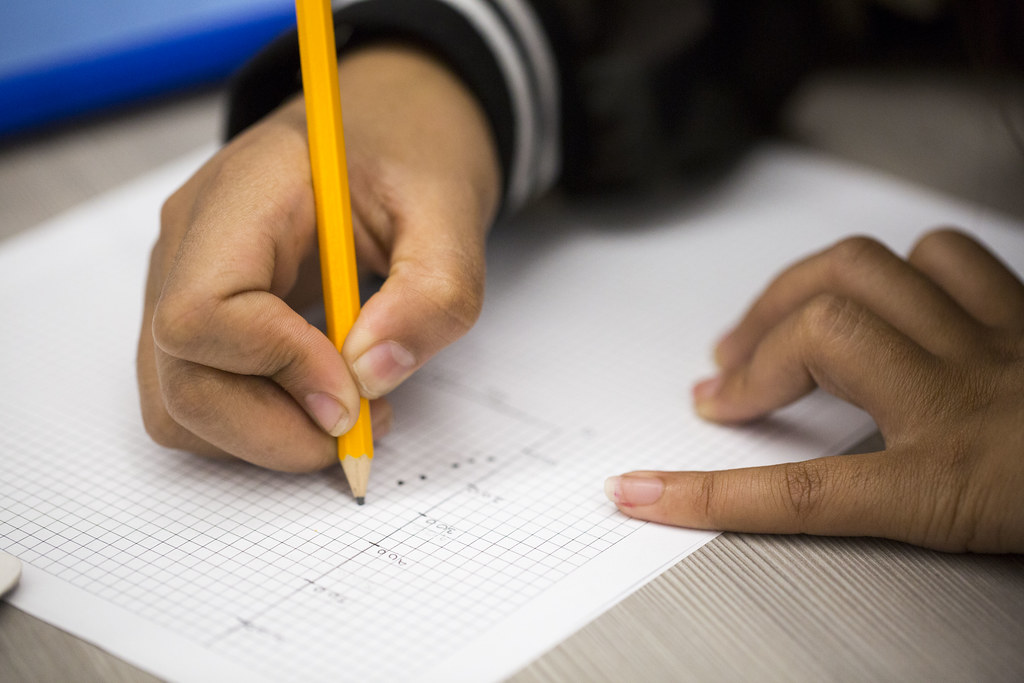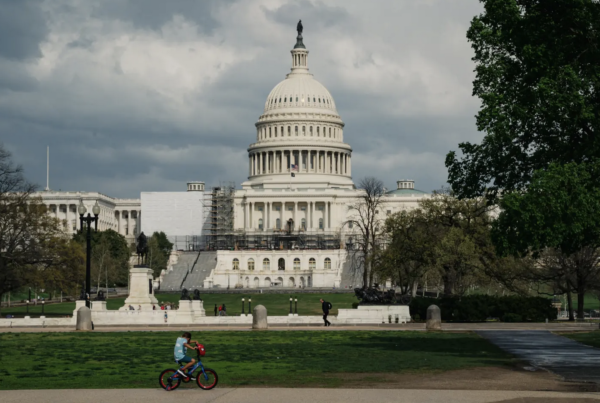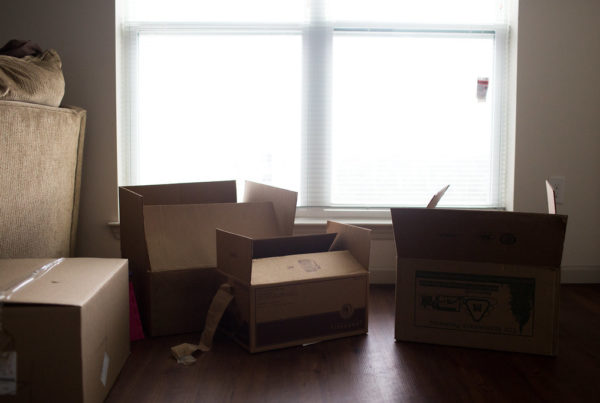Three words have set off a lot of passionate debate about what’s taught in the classroom of late: critical race theory (CRT). Though the academic concept is not taught in its true form lower than the collegiate level, Texas has banned CRT in public schools and limited the teaching of current events.
Now, another three-word educational classroom is being caught up in the political firestorm: social-emotional learning.
Dr. Octavio N. Martinez, Jr. is executive director of the Hogg Foundation for Mental Health based at the University of Texas at Austin. He says the conflation of CRT and SEL is confounding.
“In my personal opinion, as a psychiatrist, there is no connection,” Martinez said.
He says taking SEL out of classrooms is a very bad idea especially as reports show many students are struggling with mental health, especially since the pandemic.
Hear more from Dr. Martinez in the interview available in the audio player above or read the transcript below.
This transcript has been edited lightly for clarity.
Texas Standard: What is social-emotional learning?
Dr. Octavio N. Martinez, Jr.: Social-emotional learning really is an educational process. It’s defined by the Centers for Disease Control and Prevention as an example of when we focus on improving students’ ability to recognize and manage their emotions, set and achieve positive goals, appreciate the perspective of others, and establish and maintain positive relationships and make responsible decisions. [These are] all really important social skills that we need as productive human beings.
We’ve done a good job of getting mental health first aid training to our teachers and recognizing the need for suicide prevention. Of course, one thing we need to work on is a mandate to have the right number of counselors per student to be able to deal with these issues. But those are all dealing with the symptoms. Social-emotional learning goes a little bit upstream to actually prepare us and provide resilience so that when encountering the stress variables, it won’t result in actual depression or anxiety, or god forbid, a child thinking about wanting to take their own life.
Why do you believe SEL is so necessary right now?
One of the reasons is that the mental health of our students is really just taking a real beating because of the pandemic. But even before the pandemic, we already had noticed there was a crisis when it came to the mental well-being of our children and youth. Hence the reason schools have been very concerned about how do we improve the overall environment, but also the ability for our students to maintain good mental health.
How is social-emotional learning being caught up in the debate over critical race theory?
In my personal opinion, as a psychiatrist, there is no connection. SEL – social emotional learning – is more about overall well-being and providing those types of skills that we all need to be productive individuals and for the students to be actually good students and be able to learn all those other skill sets that we want them to learn about – the three Rs as they used to call them.
One of the one of the important sort of skills that we need to learn as we’re growing up is actually sort of the golden rule. Treat others as you treat yourself. And so it is being respectful of others. And of course, now in our society, we’re recognizing how nuanced the other may be. And I think that is where maybe it can be confused.’Oh, you’re teaching my child to accept these other variables in other individuals, that I personally find offensive, unfortunately or disagree with.
But the concept really is about, from an SEL standpoint, is in fact learning to be respectful of others. I mean, that’s the bottom line in recognizing if you respect others, then you should receive respect as well.
What’s at risk, as you see it, if social-emotional learning is not advocated in the classroom?
Because of the high rate that we’re seeing of depression and anxiety, as well as the fact that there are other variables happening in one’s environment that impacts the students’ ability to have good mental health, the bottom line would be not only do we have children that are not getting access or acquiring the skills necessary for good mental health, but they also are going to end up having poor educational outcomes. Which means we will lose students not only to the worst outcome, which can be suicide, but in fact students who then become disconnected from the educational process and may even drop out or, because of poor performance, maybe can’t graduate from high school. Or if they do, it’ll be at such a low level that they’re not going to be able to move on to get a great job or to move on to college, whichever it is that they’re looking forward to do.













